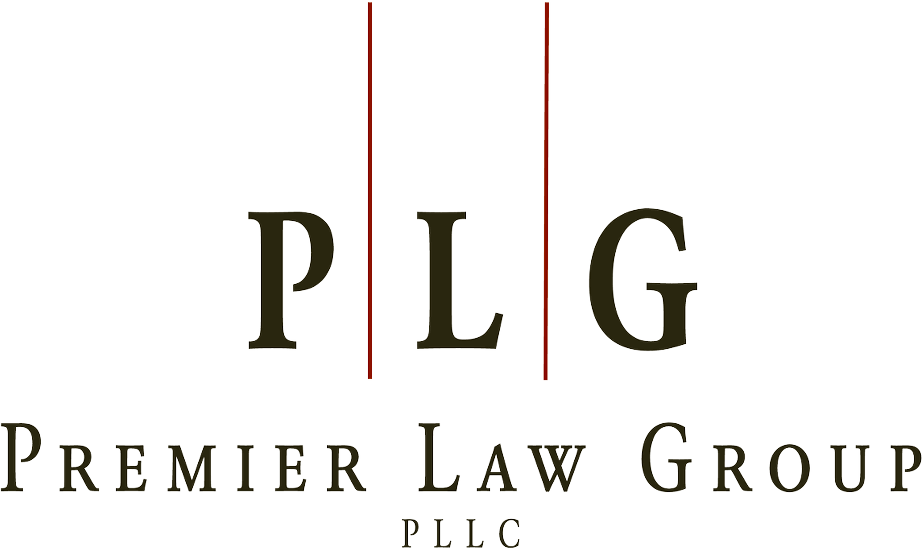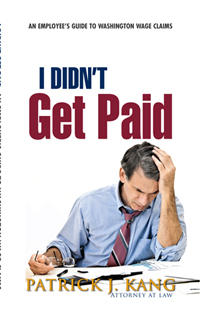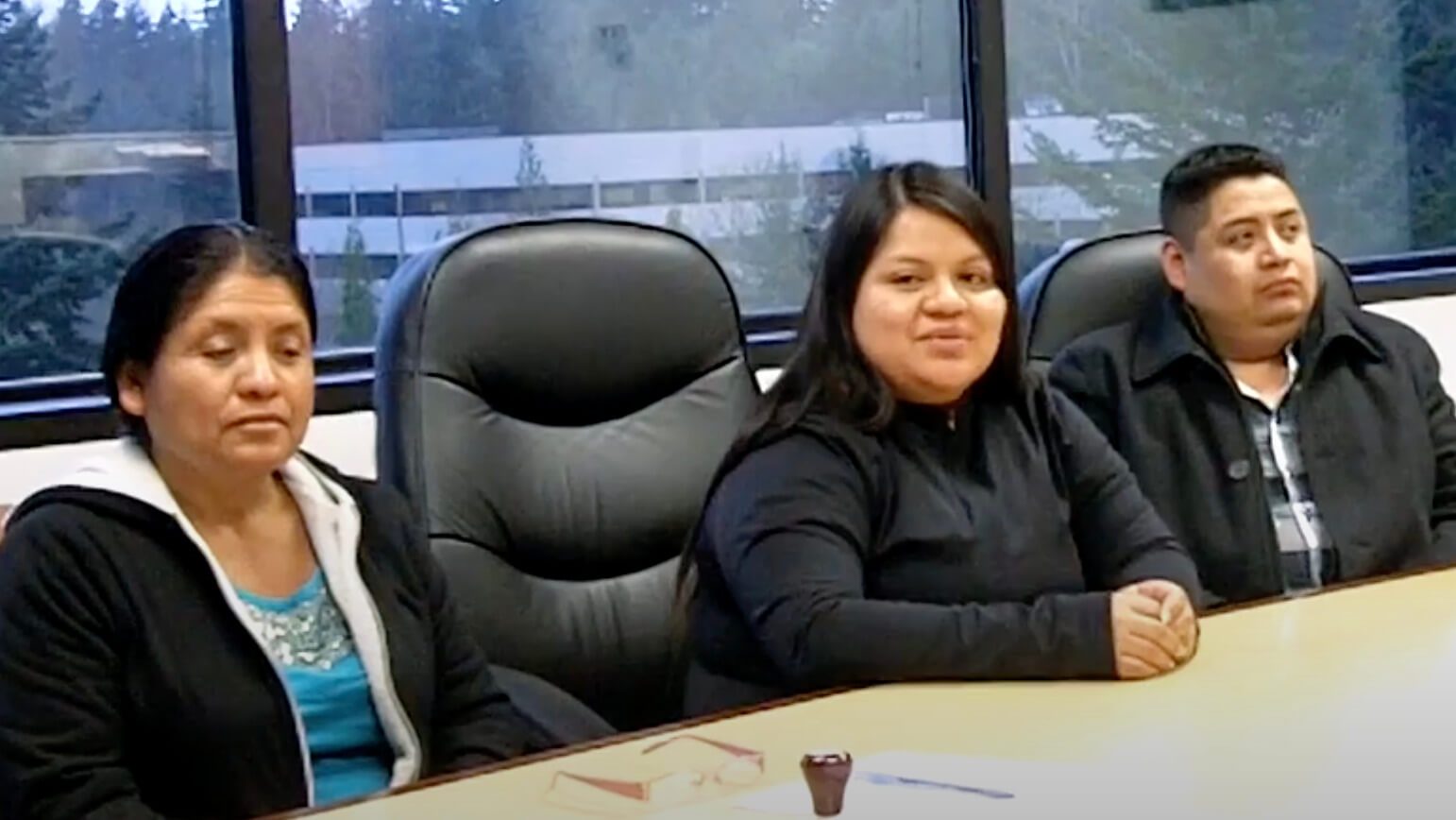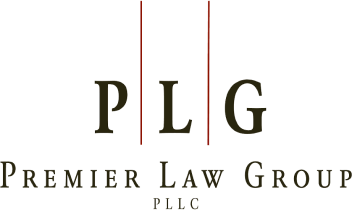Employer Retaliation Attorneys in Washington State
Our employment retaliation attorneys have seen many cases involving employers that retaliate against the actions of their employees by firing or harassing them. It is important for employees to understand that they have many rights that are protected under law and are protected against retaliation for certain actions. When someone is fired and believes it was the result of their employer getting back at them, they need to prove three things for a successful wrongful termination, or retaliation case. He or she must have engaged in conduct that is protected under the law, the employer must have taken adverse action against the employee, and there is a clear connection between these two pieces of evidence.
What is retaliation?
First of all, the employee must be able to prove that the action they believe they are being fired for is protected under the law. Some examples of these protected rights are complaining about discrimination in the workplace, taking allowed time off work, or inquiring about missing pay or benefits. It is also important to note that if you report the wrongdoings of your employer, which is a protected action, but turn out to be wrong, you are still protected as long as you did so in good faith. This small list is by no means exhaustive, but should give an example of the types of actions that are protected under the law. Whether or not your actions fall under this umbrella is something that you can only determine by speaking with an experienced Seattle labor attorney.
The second component in a retaliation case is proving that the employer took an adverse action against you. Sometimes this can be as simple as being fired, but there are other actions that can be considered retaliatory as well. Employers are not allowed to dock your pay, give an unjustified negative reference, or harass you out of retaliation. Generally, if the employer’s action would serve as a deterrent for people to assert their rights, it may be considered retaliation. Actions that may fall under this umbrella include being transferred to an undesirable location and being demoted to a position of lesser prestige.
The final piece of evidence needed in a retaliation case is the connection between the employee’s action and the employer’s reaction. This is always the most difficult part to prove, because employers almost never admit to retaliatory action, because they know the action is illegal. One very important component is time. If an employer waits a few months before taking adverse action against the employee, it does not give the appearance to a jury that it was in retaliation. There needs to have been some sort of quick action taken by the employer that shows disapproval with the actions of the employee.
Employees are protected by the law to exercise their legal rights. When an employer responds in a negative manner to these protected rights, this may be a case of retaliation and grounds for taking legal action.
How can PLG help with your case?
At Premier Law Group, our employment retaliation attorneys understand that figuring out what to do after you have been a victim of retaliation can be confusing, and we are here to help you through the process. We are aggressive employment attorneys with years of experience in successfully representing people who have been retaliated against. We have won millions of dollars for our clients in Seattle, Bellevue, and Vancouver. We will do whatever we can to help you recover the maximum possible compensation. If you have been a victim of retaliation at your workplace, call us at 206-285-1743.
















Jason at premier law group is truly an outstanding individual. Our particular case was not something that their firm usually sees but they were more than willing to help us and give us all of the information they had available. I can't recommend them enough.